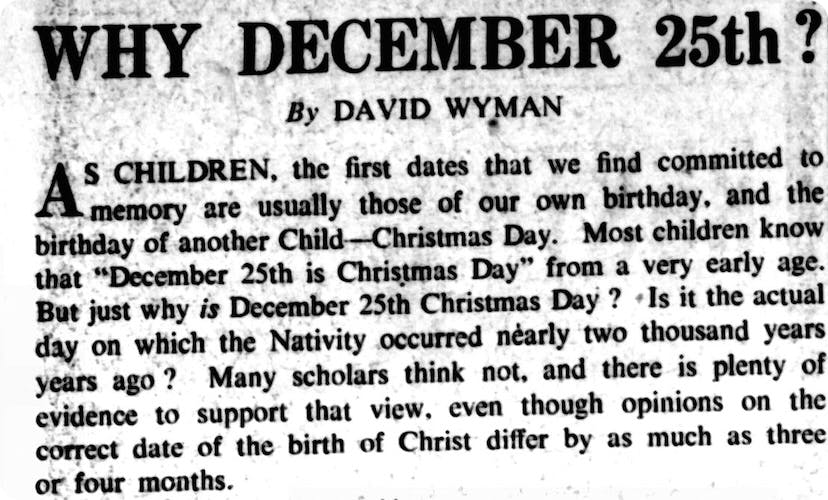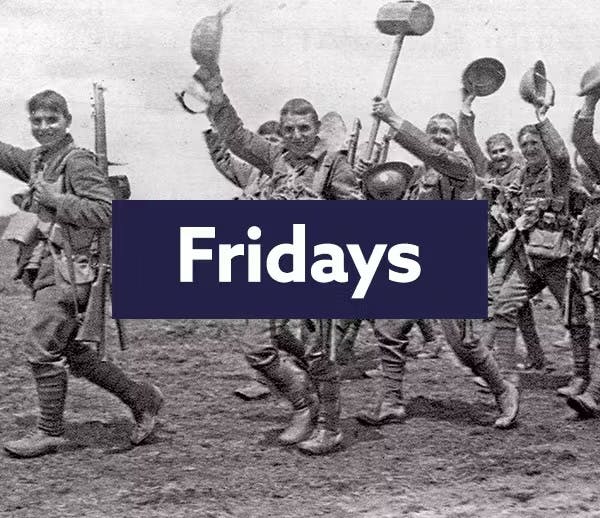Why do we celebrate Christmas on 25 December?
4-5 minute read
By Daisy Goddard | November 28, 2024
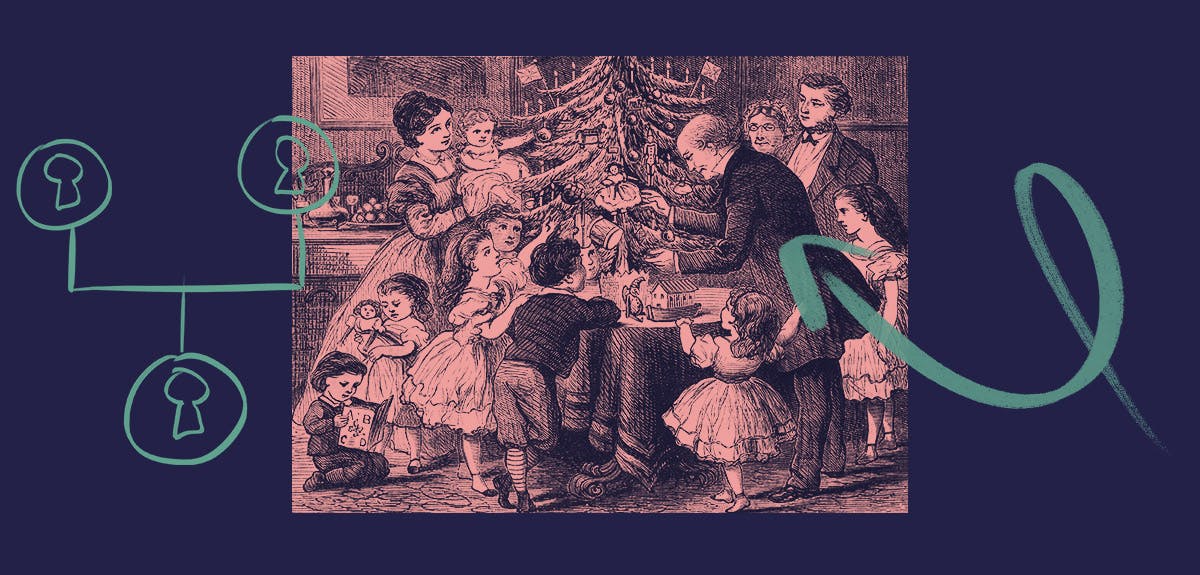
We did a little digging into the history of 25 December, charting its evolution from pagan traditions to the holiday that we know today.
As the Beach Boys sing in their much-loved festive tune Little Saint Nick, 'Christmas comes this time each year'. But have you ever stopped to question the origins of our festive season? Why was 25 December chosen for Christmas Day, and not November or January, for example?
The answer has to do with the birth date of Jesus Christ. His birthday has been the source of ongoing debate, starting in the Roman Empire and continuing into the 21st century.
The date 25 December in the Gregorian Calendar has long been connected with religious celebrations - for several reasons. There's no better time to join us in shining a light on the festive traditions of years gone by.
Was Jesus born on 25 December?
Christmas is a religious holiday celebrating the birth of Jesus Christ - its name derives from the phrase 'mass of Christ'. But interestingly, the exact birthdate of Jesus is contested. Some experts believe that he was actually born in the Spring, closer to Easter than to Christmas.
Indeed, the Christian Church has never definitively stated that 25 December is Jesus' birth date because there is no clear evidence of this, either in scripture or from other contemporary accounts. The New Testament Gospels (Matthew, Mark, Luke and John) recount Jesus' teachings but do not offer an actual date on which he was born.
Scholars estimate that Jesus Christ was born sometime between the 4th and 6th centuries. But without knowing the day of the year on which Jesus Christ was born, why was 25 December chosen for Christmas?
Early Christian tradition
The writings of Sextus Julius Africanus (AD 160 - 240), one of the earliest historians of the Christian Church, stated that Jesus was conceived on 25 March. This is the classic Christmas story of the Annunciation, where archangel Gabriel announced to the Virgin Mary that she would birth a divine son, Jesus Christ.
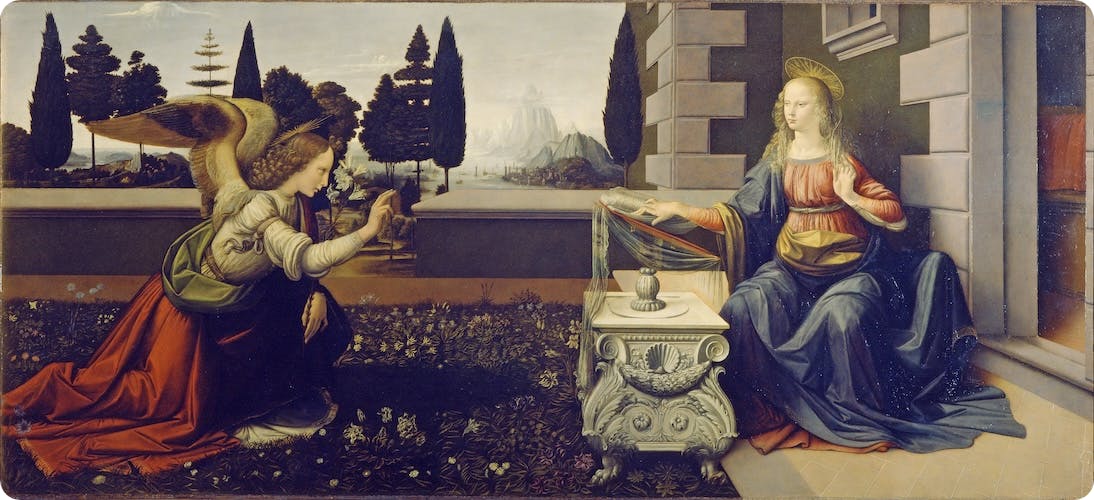
Annunciazione by Leonardo Da Vinci.
25 December is exactly nine months after 25 March, so it makes sense that 25 December became the day that Jesus' birth is celebrated.
Sol Invictus and Saturnalia: the date of festivities in Ancient Rome
The first organised celebrations on 25 December were within the Roman Empire, which ruled much of Europe between 27 BC and 476 AD.
Aside from Christianity, other spiritual celebrations influenced the development of Christmas as we recognize it today. In the 3rd century AD, Romans celebrated the pagan festival of Sol Invictus - translated from Latin as 'the rebirth of the unconquered sun' - on 25 December.
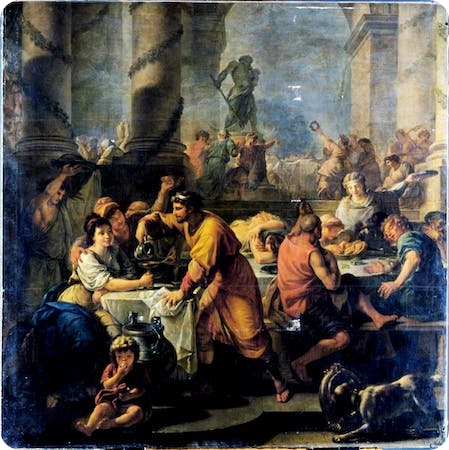
Saturnalia by Antoine Callet, 1783.
This Roman festival acknowledged several traditions: the winter solstice, the birthday of the deity Mithra (a god of light), and Saturnalia, a popular pagan holiday that involved feasting and gift exchange.
The introduction of Christmas
Christmas became a formal celebration in Ancient Rome in 336, when Emperor Constantine introduced Christianity as the official religion across the empire.
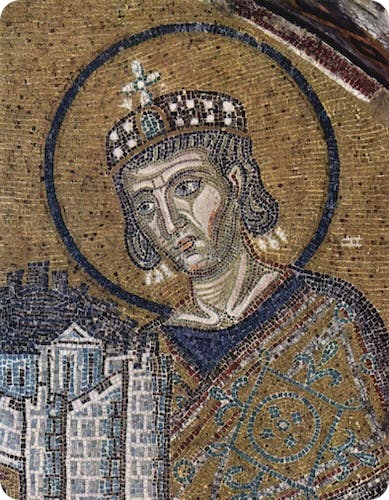
Byzantine mosaic of Emperor Constantine the Great.
Despite its official introduction and the celebration of Sol Invictus, Christmas didn't become a traditional date in the Christian calendar til the 9th century, some 600 years later.
The influence of Judaism
The history of Christmas was also marked decisively by the context of Judaism in the 4th century AD. Jesus Christ was born in Bethlehem, just 10km south of Jerusalem, and was born and raised Jewish.
The early Church may have chosen 25 December for Christmas because it was also the date of the Jewish feast of Chanukkah, a rite symbolic of Jesus' birth and the concept of God 'dwelling in a human body'. It fell in the Hebrew month of Kislev.
The Hebrew calendar - still used in Jewish religious practice today - is aligned with the moon and the sun, and is known as a lunisolar calendar. This means that the dates of important holidays like Passover may vary from year to year.
It stands in contrast to the Gregorian calendar (and the Julian calendar that preceded it) which has fixed dates like the 25th day in December. The differences between the Roman Calendar and its Hebrew counterpart further complicate scholars' attempts to determine Jesus' birth date. They make answering the question 'why was 25 December chosen for Christmas?' very tricky.
The topic of Jesus' birth is widely debated within the Jewish faith, with differing perspectives held by Rabbinic Jews and Messianic Jews.
Where did Christmas start?
As outlined above, Christmas was first formally celebrated in Ancient Rome on 25 December 336 AD. Before this, the early beginnings of the Christmas spirit as we know it today could be found in the pagan rituals of Saturnalia and Sol Invictus.
Celebrated across the Roman Empire, these festivities often lasted over a week. They were described by the Roman poet as 'the best of times'. Communities would exchange presents, eat feasts and make sacrifices to the gods. Although not Christmas in the sense that we know it today, these celebrations may be considered an early point in the holiday's evolution.
It wasn't until around the 6th century AD that Christmas spread to England.
From Christmas Day weddings and Santa Claus' family tree to the history of the Christmas tree, you can dive into all manner of festive historical topics on the Findmypast blog.
However you like to celebrate each holiday season, there are so many fascinating stories to be uncovered with family history.
